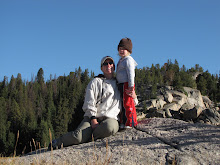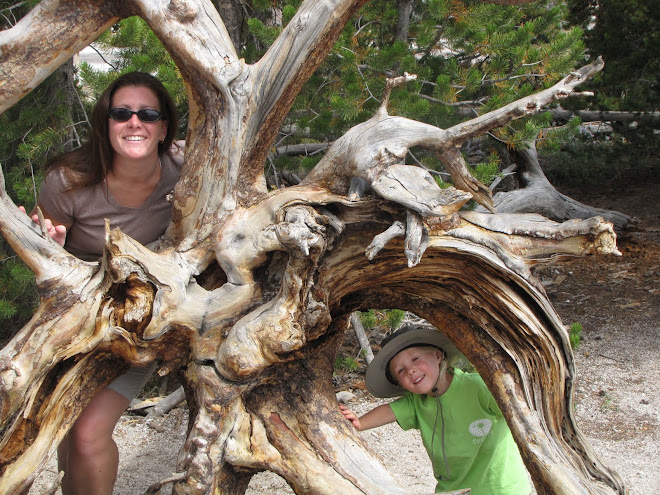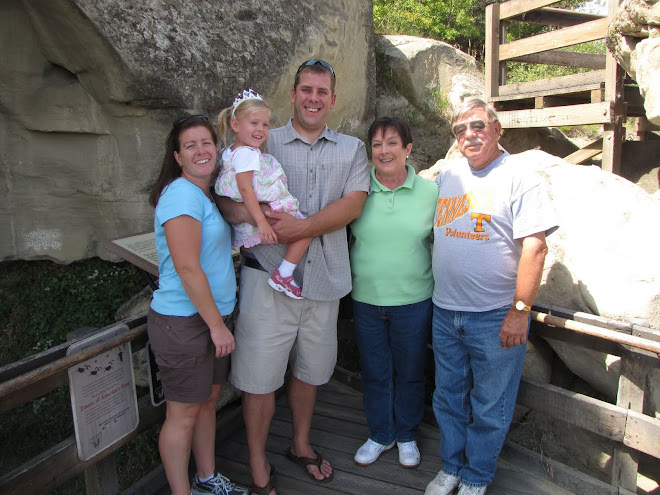“Sidewalks in the Kingdom” is basically broken into two sections.
Part 1, Thinking about Our Cities
Part 2, Markers of the City
Last week most of what I shared dealt with Part 1, this week I’ll share some thoughts from Part 2.
I must admit as I began to read chapter 7, Beauty, Quality and Other “Nonessentials”, I contemplated skipping a head to the end of the book. I believe it is fair to say I do not have the strongest eye toward artistic things. Not that I do not enjoy beauty, however beauty for me tends to come from natural things. Like an awesome sunrise or the way fog rises from a river on that first cold morning after a long warm spell. My eye sees beauty in this form without hesitation.
The second part of the book spoke about the beauty of architecture. Honestly, early in chapter 7 I was getting sick of Jacobsen’s wordy effort to explain the beauty of traditional buildings verses the modern landscape. Thankfully for me, I made the mental decision that until chapter 7 I had loved the book, so I continued reading and didn’t skip ahead.
One major theme was any cities architecture should be unique and should develop over time. To make a long chapter short, the buildings we tend to build today have little character and offer little to a community. (Wal-Mart, Ruby Tuesdays, insert chain name here…)
Think about three historic buildings in your community. What do they offer? How do they provide a sense of pride to the community?
Think about 3 locally owned stores. What is unique about them? What makes them perfect for your community?
As I continued to read Jacobsen’s ideas about the importance of architecture to a community I found myself wondering about the Christian church. Think about the historic churches in your community and ask the same questions. (Look beyond their simple structures, because a church is more than a building) What do they offer? How do they provide a sense of pride to the community?
Take this thought a step further; think about 3 churches and how they are uniquely shaped for your community. What is unique about them? What makes them perfect for your community?
I guess I started to think about the Christian church over the last thirty years. Maybe we look less like the historic buildings, which offer so much history and elegance to a community. Maybe, just maybe the Christian church is beginning to develop like our chain stores, cookie cutter approaches for our entire country and our entire world.
Not just new churches either, old established churches are rushing to find the next big thing to keep them relevant. To help them keep up with society.
I am not fully bashing chains stores here. We still shop at Wal-Mart and my favorite restaurant is O’Charlies. However, the church cannot adopt the same approach to ministry as these chains have for entering into a community.
I don’t have this fully worked out in my head. But I know the church does not have to be relevant to the culture. In fact, the more the church tries to be relevant the more irrelevant we become.
Instead, maybe we should simply look for ways to be unique, to be perfect for the needs of our community. We should be comfortable that each church will not look the same. More importantly the bottom line of getting people to attend shouldn’t force us to look past those special qualities that will allow us to stand the test of time.
This same approach was used to help plan and erect each of our historic buildings. Thankfully pre-WWII we looked beyond the bottom line to see the long-term value of beauty.
As the church we should look beyond the bottom line of attracting as many people as possible so we might take part in ensuring the long-term beauty of the Good News of Jesus Christ.



